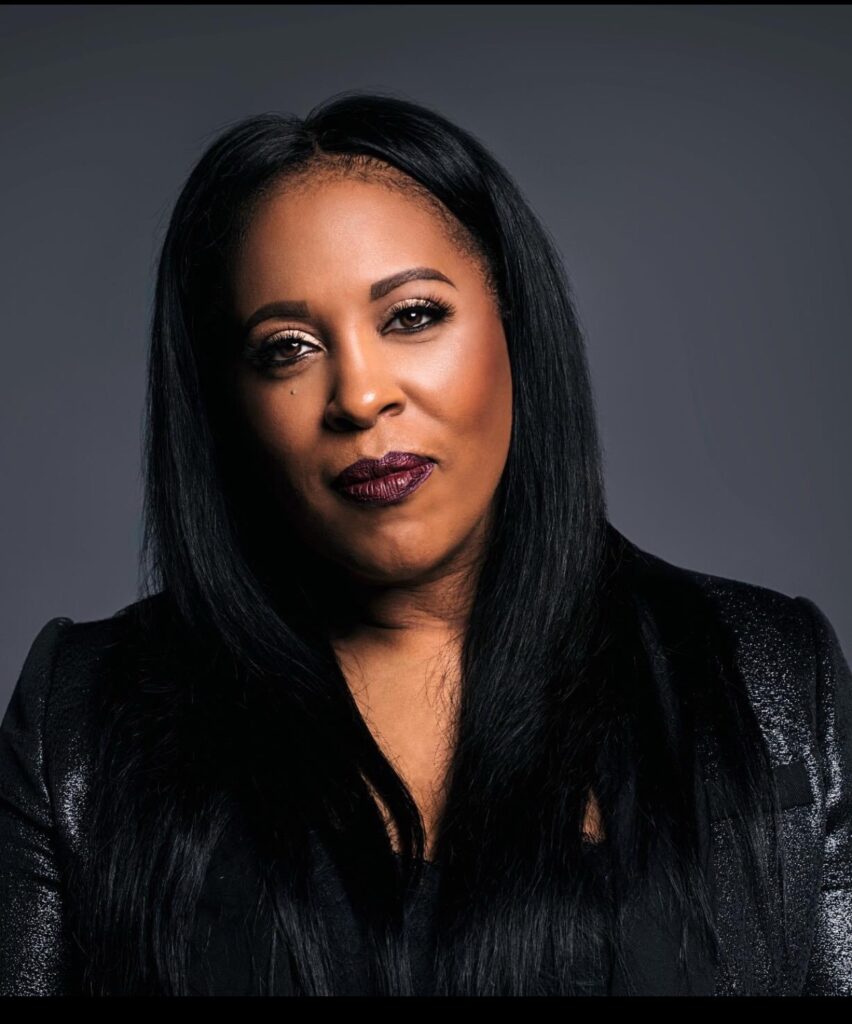Even as children, this method is complicated. What can appear like a pinprick to an adult or an offense about one’s appearance that we can smooth off at any age can seem like a puncture wound to a young child and create permanent impairment. They can start to experience emotional distress such as (body dysmorphia, depression, and even bullying, etc.).
I can attest that many of those who have been bullied either on the school sandbox or even in your home have nothing you can’t just get over.
We carry these emotional puncture wounds into adulthood. Transforming our relationships, occupation, peace, and energy. That is until we correct them and heal by exploring our emotions.
Why we don’t perpetually feel our emotions
Even the most caring and considerate parents can do lasting damage to our discernment of self. Meaning well and avoiding seeing us ache. Our parents may have hurried in after an upsetting experience. Saying to us “Don’t feel sad — it’s okay”. Ultimately, the fact is, feeling sad can be helpful. We were obliged to undergo critical emotions for a while and consider why we thought the way we may have concluded.
Maybe our parents weren’t friendly and considerate. They charged that we stop whining when we believed to be hurt. Either way, we didn’t acquire how to manage our emotions productively. We didn’t understand that feelings are fleeting and fleeting. They have a plausible start, middle, and conclusion, and that we will remain. When we don’t receive how to handle our emotions, we may understand all feelings as terrifying and stressful.
As children and even adults, we sometimes can’t recognize our emotions and our one “self.” If our covers aren’t handled as adequate in a critical condition, we may conclude that we aren’t allowed.
To recover from trauma or any trauma, we have to finish the process that should have started maybe, decades ago, when the wounding episode or disturbance occurred.
Follow Us On Social Media!




